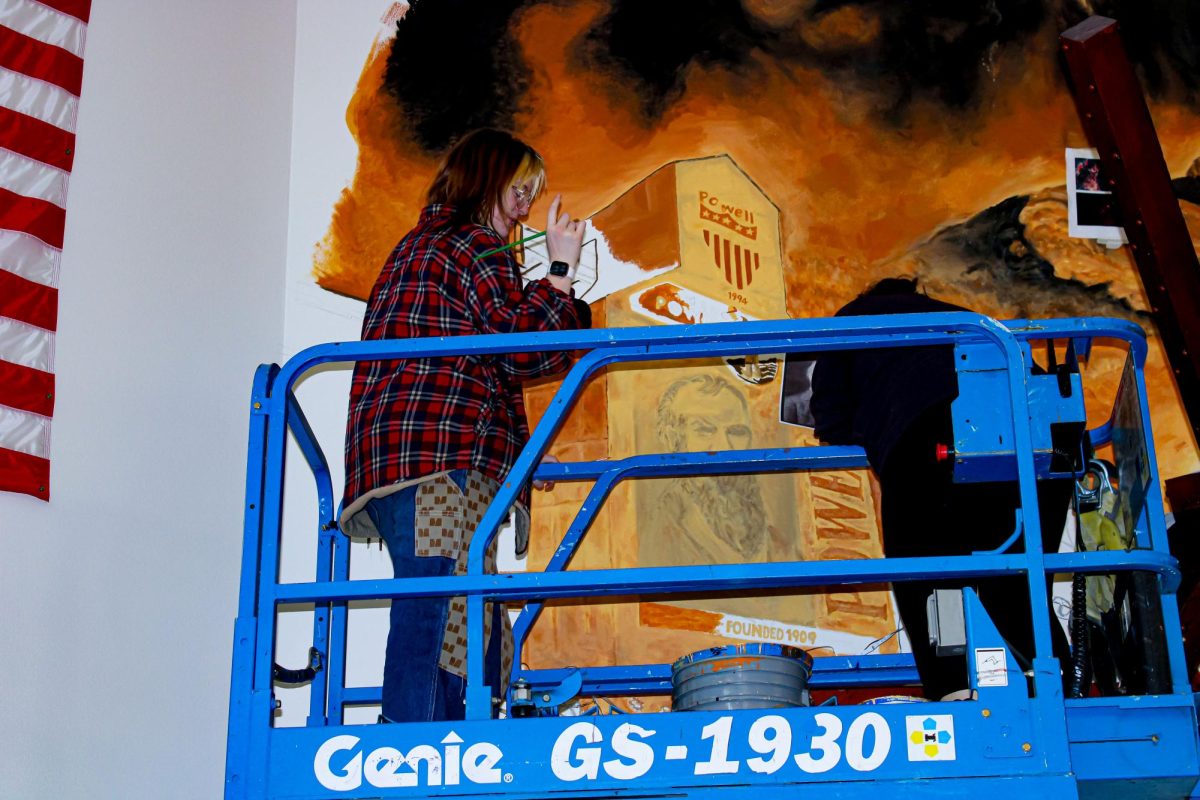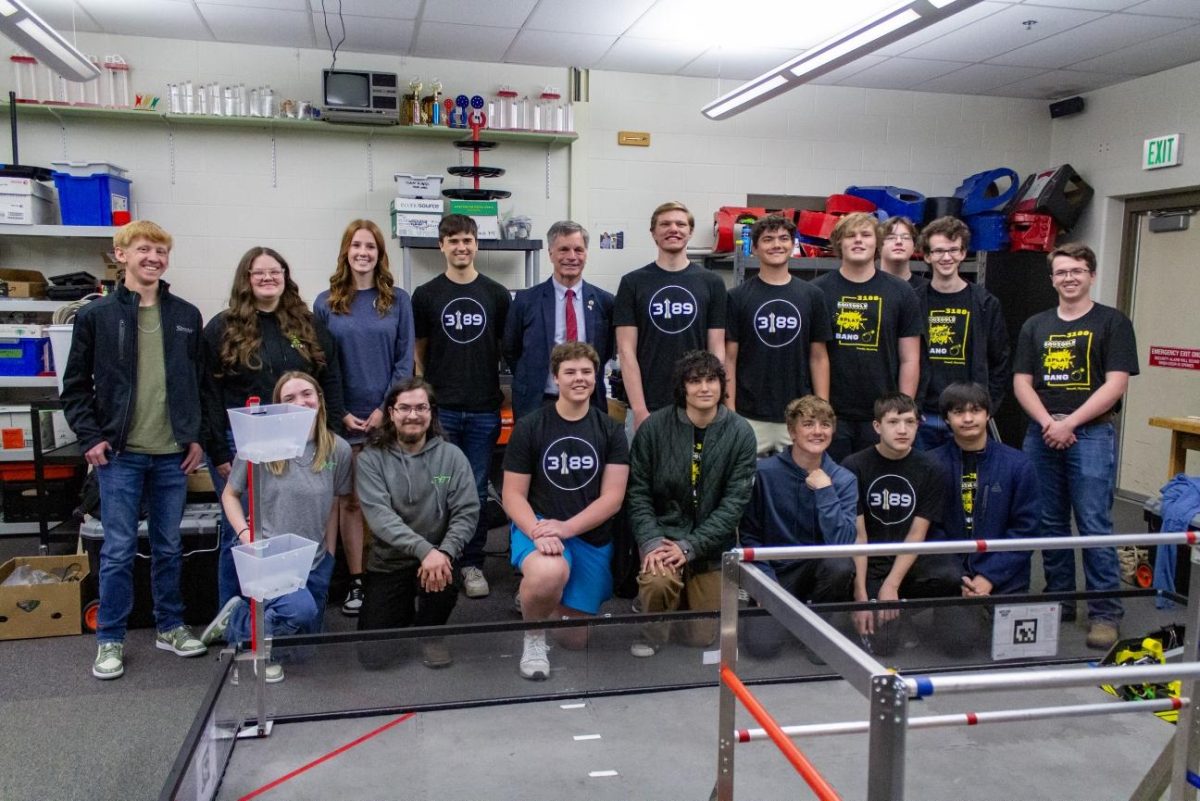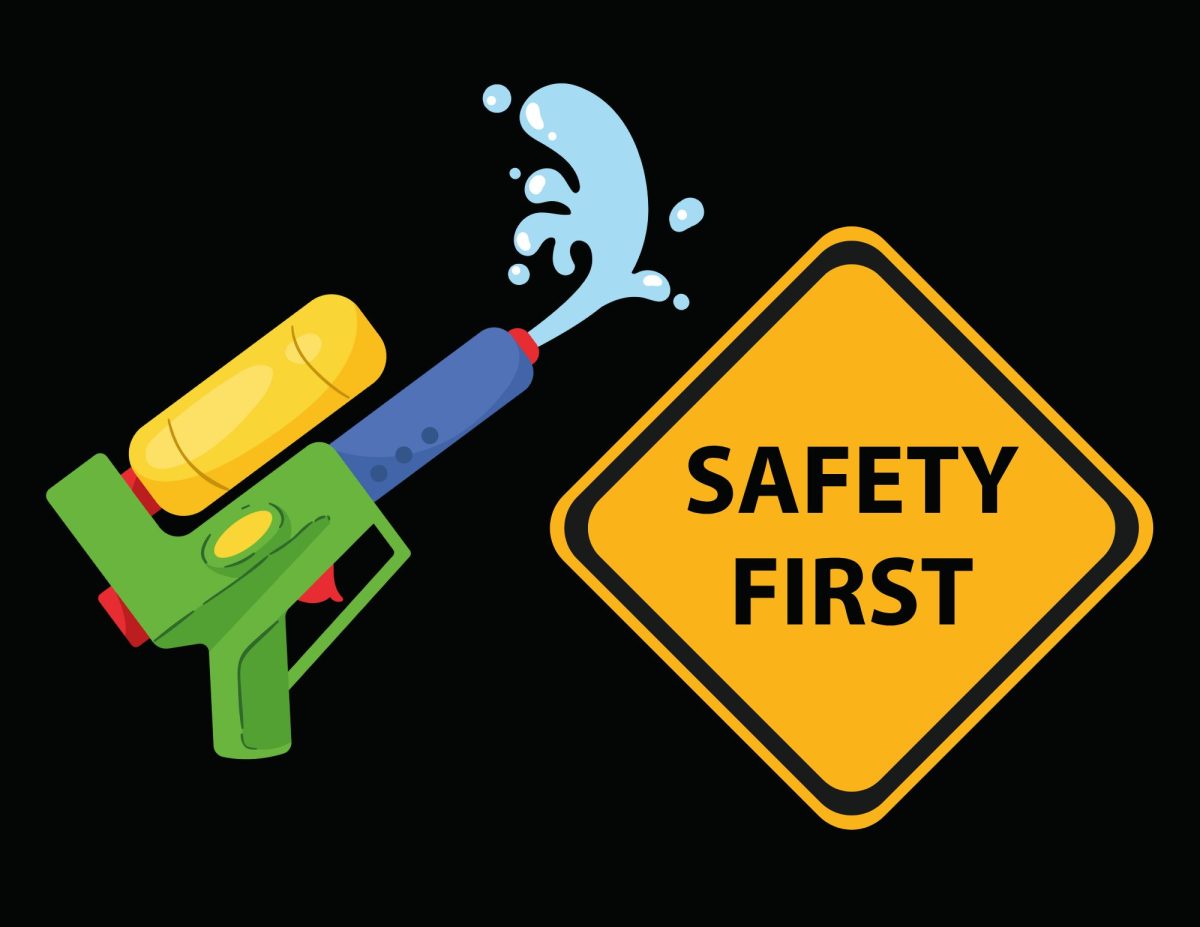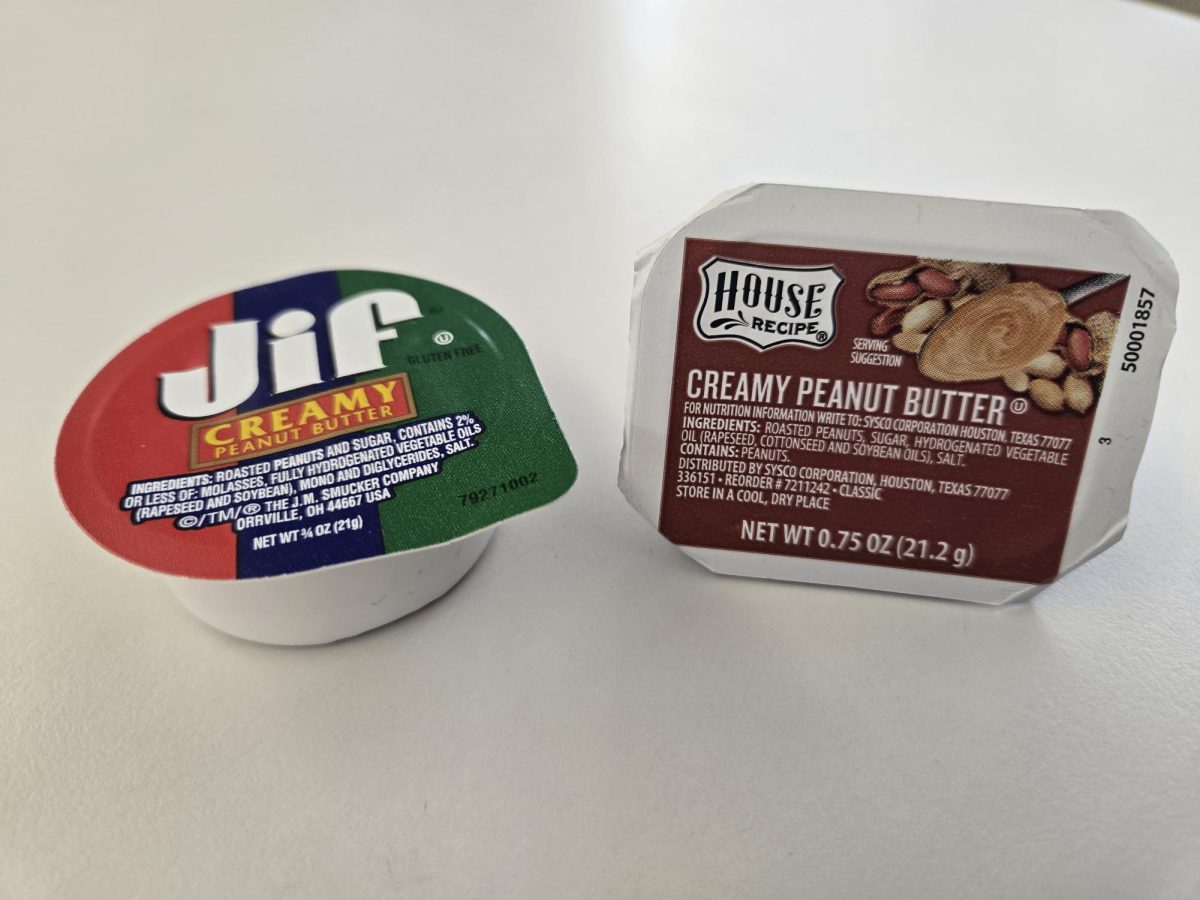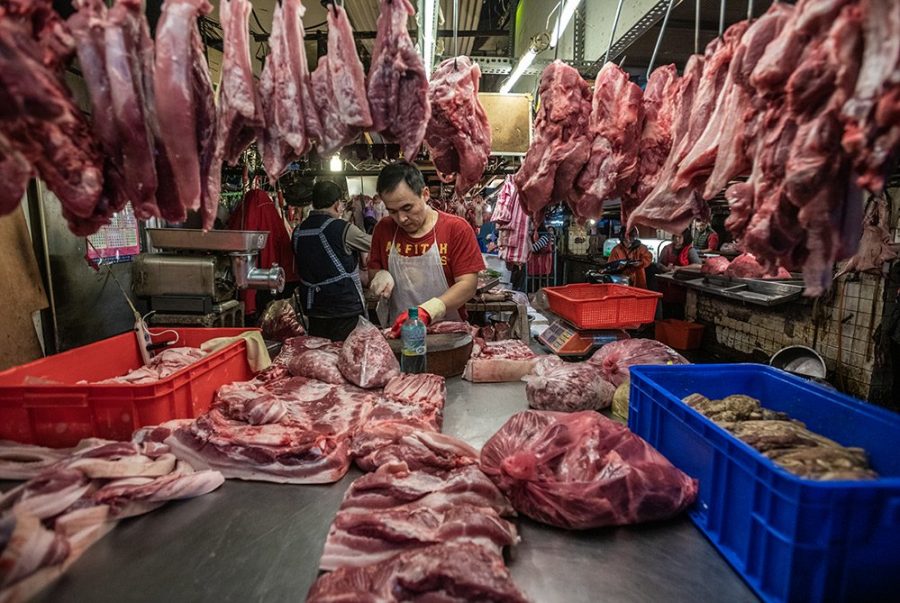WHERE DID IT ALL START?
Reports still point to wet market in Wuhan, China
Royalty-free: Jo-Anne McArthur/We Animals
A look inside a wet market in Taipei. Reports indicate one such market is the original source of the novel Coronavirus.
Rumors about where the COVID-19 outbreak originally started have been circulating since it first surfaced in late 2019. One of the more prominent theories is that this virus originated in a wet market in Wuhan, China.
According to ABC News, a wet market is similar to a farmer’s market because it is a location that provides individual stalls for people to sell fresh food. However, exotic animals are also sold at these markets overseas.
The main issue with wet markets is how the animals are farmed and sold.
“They’re usually not domesticated species so they’re highly stressed by being kept in captivity,”said Professor Clive Phillips, from the University of Queensland’s Centre for Animal Welfare and Ethics in an article, “[and] by being caged, I think we are asking for trouble if we farm these animals and then sell them.
“They acquire diseases much more readily because the stress suppresses your immune system.”
ABC News also claims that the pangolin is a highly suspected animal species that may be responsible for linking COVID-19 to humans.
“The pangolins are reared in individual cages, they are very definitely wildlife,” Phillips said. “They would not have any of the genes which encourage them to tolerate the presence of humans and the caging process,”
Jason Beaubien, reporter of the npr.org article “Why Wet Markets are the Perfect Place to Spread Disease,” claims he was actually able to visit a wet market in Hong Kong.
“Once you walk into one of these places, it’s quite obvious why they’re called wet markets,” Beaubien said. “Live fish in open tubs are splashing water all over the place. The countertops of the stalls are red with blood as fish are gutted and filleted right in front of the customers’ eyes. There are live turtles and crustaceans climbing over each other in boxes. Melting ice adds to the slush on the floor. So things are wet.”
Jackie Northam, writer of another npr.org article Calls Grow To Ban Wet Markets Amid Concerns Over Disease Spread,” writes that China’s government banned selling wild animals in wet markets in February after the COVID-19 outbreak.
This is exactly what happened in 2003 after the SARS outbreak, but the ban was lifted three months after it was initiated. It seems as though history is repeating itself, but this time it’s much worse. The wet markets overseas seem to be a common denominator during pandemics and the discovery of new viruses.
“It boggles my mind how, when we have so many diseases that emanate out of that unusual human-animal interface, that we don’t just shut it down,” said Dr. Anthony Fauci, director of the National Institute of Allergy and Infectious Diseases and the top U.S. infectious disease expert in the article.
Although there isn’t any exact evidence to prove that the COVID-19 outbreak developed in one of these wet markets, it is safe to assume that the unsanitary practices the vendors working at these markets carry out may lead to sickness and harm.





